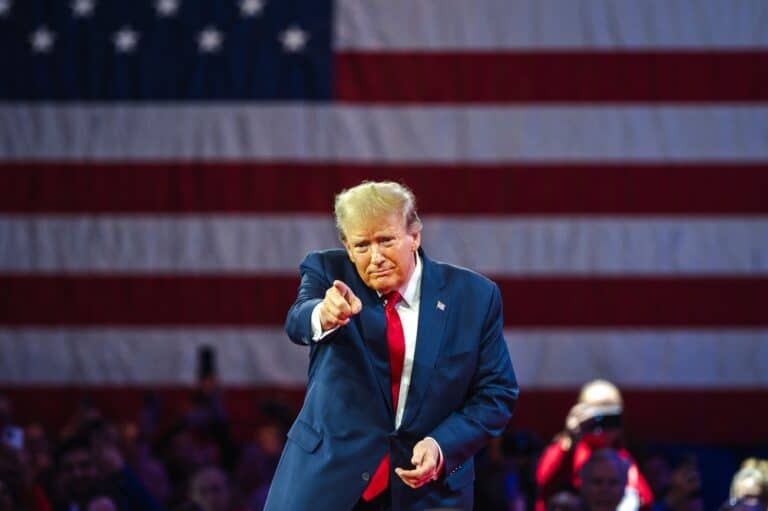The United States appears to be rapidly rethinking its AI export policy. While Washington this week gave final approval for the delivery of tens of thousands of Nvidia chips to state-backed companies in Saudi Arabia and the United Arab Emirates, the Trump administration is investigating whether China can gain access to powerful AI hardware.
This creates a striking double standard. Partner countries in the Gulf are already getting the green light, while the world’s biggest geopolitical rival may follow, despite earlier tough statements that America’s most advanced chips would remain exclusively on its own soil.
According to sources close to the Department of Commerce, consideration is being given to allowing Nvidia to resume sales to Chinese customers, specifically of the H200 chip, which has been subject to export restrictions until now. This is reported by Reuters. The department is reportedly analyzing the policy change, though no decision has been made yet. Any approval would represent a significant break with the strict measures introduced under Biden to prevent China’s access to AI technology.
Lighter chip variants for Beijing
At the same time, President Donald Trump continues to publicly maintain a hard line. On this month’s CBS program 60 Minutes, he said that Nvidia’s latest Blackwell chips will remain exclusively available to American companies. Under no circumstances should China receive this top-of-the-line generation, according to Trump. Beijing may be allowed to purchase lighter variants, but the most modern AI hardware will remain strictly reserved for the domestic industry, he said.
The tensions in Washington are clear. Critics in Congress fear that even limited exports of H200 chips could strengthen China’s military and technological ambitions. China hawks warn that previous relaxations have invariably led to undesirable technology transfer. Nevertheless, Nvidia points out that access to the Chinese market is essential to continue investing in research and development in the United States.
Green light for Gulf states
While the Chinese still have to wait, two major AI players in the Gulf received clarity this week. According to CNBC, the Department of Commerce approved the delivery of an estimated 35,000 high-end Nvidia chips to HUMAIN (Saudi Arabia) and G42 (UAE), together representing a market value of approximately $1 billion. The decision came after Saudi Crown Prince Mohammed bin Salman’s visit to Washington, where the kingdom announced $1 trillion in new investments in the US.
However, strict security conditions apply to these Gulf exports: no re-export, physical security, and supervision by the US Bureau of Industry and Security. In this way, Washington seeks to ensure that the chips do not fall into Chinese hands.
